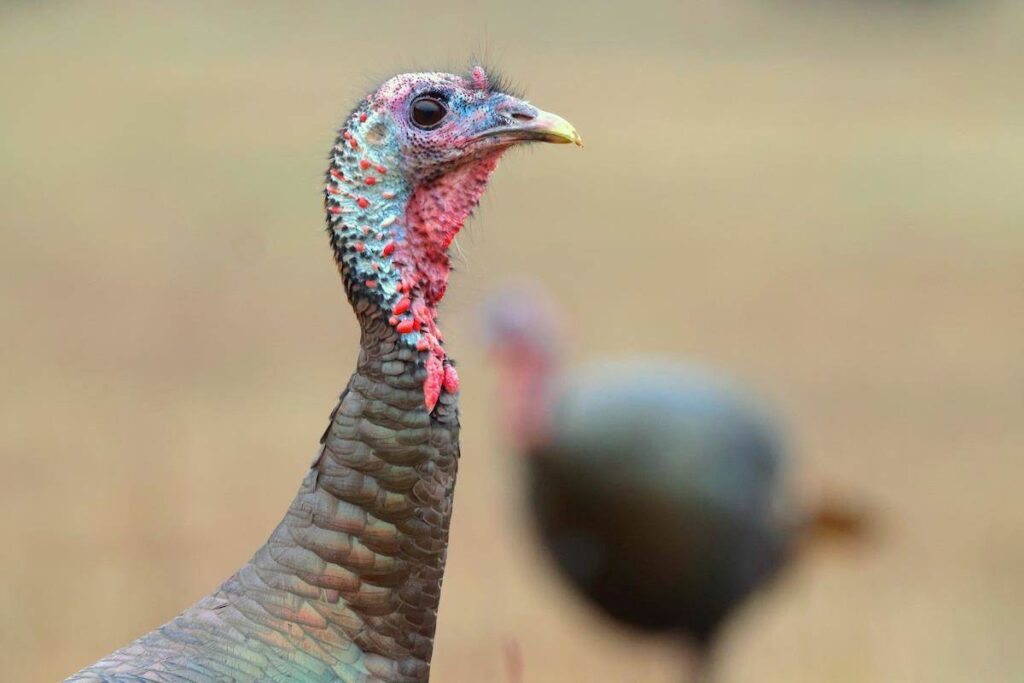
LDWF On CITES and the Alligator Program

Author: Louisiana Department of Wildlife and Fisheries
Published: September 28, 2021
This article was originally published on www.wlf.louisiana.gov.
LDWF manages the American alligator as a commercial, renewable natural resource. Through LDWF’s extensive research and wise management that includes sustainable wild harvest and alligator farming, Louisiana’s wild alligator population has increased from less than 100,000 to more than 2 million in the past 50 years. There are also nearly 1 million alligators on farms in Louisiana. LDWF also ensures compliance with international alligator trade requirements and manages Louisiana’s nuisance alligators. LDWF’s alligator management program is recognized internationally as a wildlife conservation success story and a model for sustainable use; the principles of this program have been applied to managing crocodilian species worldwide.
Since the inception of LDWF’s alligator management program in 1972, more than 1.1 million wild alligators have been harvested, more than 11 million alligator eggs have been collected, and roughly 7.3 million farm-raised alligators have been sold. Consumptive (meats and hides) and non-consumptive (wildlife watching) use of the alligator resource in Louisiana brings hundreds of millions of dollars of revenue to the state each year.
Commercial Alligator Trade
Export of alligator hides and products out of the United States is regulated through the Convention on Trade in Endangered Species of Wild Fauna and Flora (CITES), a treaty which aims to ensure that international trade of wild animals and plants does not threaten their survival. While the American alligator is no longer endangered or threatened anywhere in the United States, it is listed on Appendix II of CITES due to its similarity of appearance to other crocodilian species which are endangered or threatened. The U.S. Fish and Wildlife Service (USFWS) implements CITES requirements; every year, LDWF must provide the USFWS a “finding of no detriment” stating that Louisiana’s harvest and export of alligators are not detrimental to the survival of the species. In addition, each harvested alligator must have a CITES tag; information such as landowner, hunter or farmer, length, and shipper are recorded for every alligator harvested.






No Comments